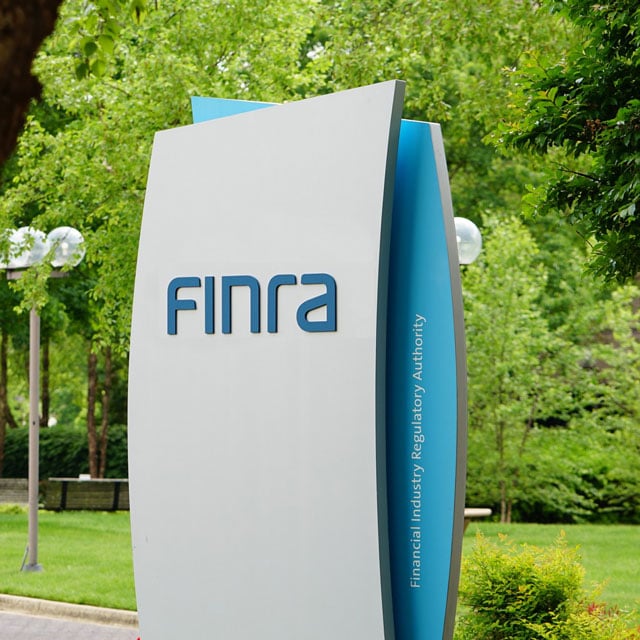6 Trust and Will Considerations That Can't Wait
Quiz: Can You Name That Trust?
In the experience of Mitch Mitchell, a board certified attorney in estate planning and probate, having the right legacy plans and documents in place is one of the most important steps aging individuals can take, both to give themselves peace of mind and to avoid the possibility that confusion will make an already challenging situation even worse. Mitchell, who is now working for the online estate planning and probate platform Trust & Will, spent more than a decade in private practice. In that time, he prepared wills, arranged trusts and created incapacity plan documents for hundreds of clients. "This was very meaningful work for me, as it had a direct impact and helped my clients and their families during some very difficult periods in their lives," Mitchell says. "It's very gratifying now to be working for Trust & Will on the effort of making will and estate planning much more accessible." Despite the importance of estate and will planning, Mitchell says, not everyone has the time or resources to walk into an attorney's office and engage in traditional, bespoke planning. This means the loved ones of people who are incapacitated or die unexpectedly without the right documentation in place are often in a "really tough spot." Jonathan Williams, an attorney with the Clarity Legal Group, recently shared a similar warning on the Center for Retirement Research's Squared Away Blog. "The best reason to set up a power of attorney for yourself or an elderly family member is to avoid a far more contentious and expensive alternative later: guardianship," Williams warns. A power of attorney arrangement, for example, becomes urgent if an elderly family member is showing early signs of dementia, Williams says. "You want to run, not walk, to get that done, because capacity tends not to get better," Williams warns. Once someone becomes fully incapacitated, the only option may be guardianship, which Williams calls a "blunt force tool with a lot of collateral effects." See the slideshow for six pieces of key information financial advisors and their clients should understand regarding the important documents and legal arrangements that can help make an inevitably difficult situation easier to handle. (Image: Shutterstock)
© Touchpoint Markets, All Rights Reserved. Request academic re-use from www.copyright.com. All other uses, submit a request to [email protected]. For more inforrmation visit Asset & Logo Licensing.
Featured Resources
View All
Sponsored by Axos Advisor Services
Integrated Banking Solutions: How To Enhance Client Services and Grow Your Business

Sponsored by Optifino
Three Macro Trends Impacting Long-Term Care: Trends, Solutions & Client Conversations

Sponsored by Vanilla
The Missing Piece: Why Advisors Who Skip Estate Planning are Failing Their Clients







